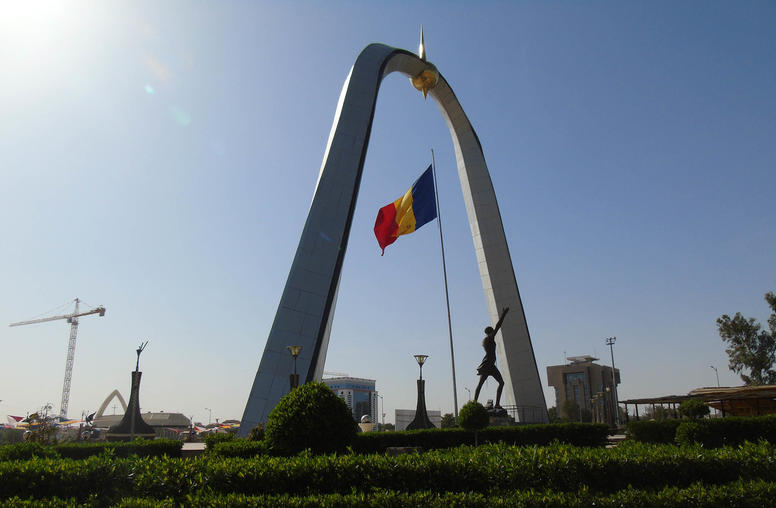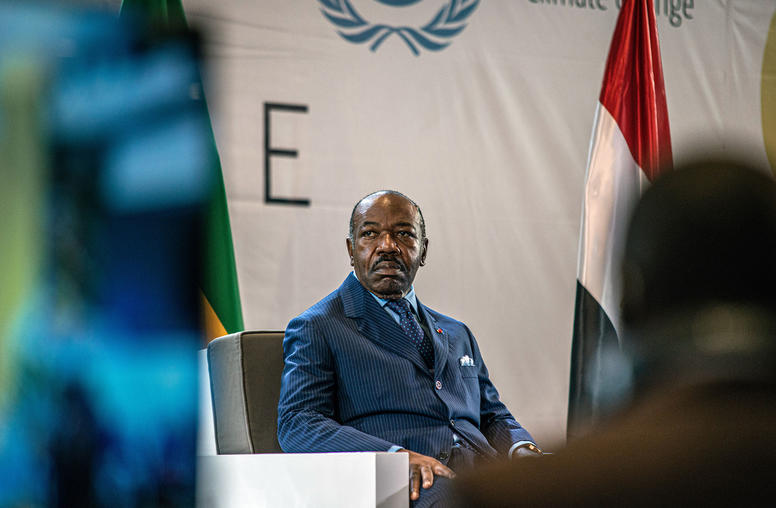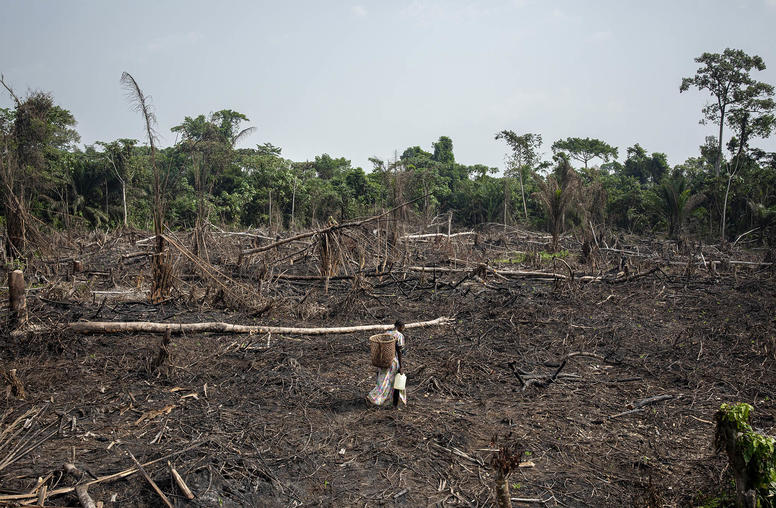Archibald S. Henry
Contact
Please submit all media inquiries to interviews@usip.org or call 202.429.3869.
For all other inquiries, please call 202.457.1700
Please submit all media inquiries to interviews@usip.org or call 202.429.3869.
For all other inquiries, please call 202.457.1700

Le 17 décembre, les Tchadiens voteront lors d'un référendum visant à approuver une nouvelle constitution pour le pays, près de trois ans après le début d'un processus de transition politique prolongé, parfois agité. On s’attend à ce que le référendum constitutionnel ouvre la voie à la candidature du Président Mahamat Déby aux élections présidentielles de 2024, après avoir dirigé le pays depuis 2021, et un ajustement du système de gouvernance tchadien vers un État unitaire non-fédéral, avec en théorie une décentralisation et autonomie territoriale plus accrue.

On December 17, Chadians will vote in a referendum to approve a new constitution for the country nearly three years into a protracted, at times turbulent political transition process. The constitutional referendum is expected to pave the way for President Mahamat Déby to run for president in the 2024 national elections after leading the country since 2021, and adjust Chad’s system of governance to be a unitary, non-federal state with increased decentralization and territorial autonomy.

On August 30, just hours after Gabon’s election commission announced that President Ali Bongo Ondimba had been elected to a third term, a group of Gabonese military officers from the elite presidential guard unit seized power and placed the president under arrest at his palace. Later that day, the officers declared General Brice Oligui Nguema as chairman of the transition. While the election itself had been marred by reports of irregularities, the officers’ coup marks the latest in a long line of recent military takeovers across the African continent that have jeopardized regional stability and security.

Beleaguered by a history of prolonged conflict and socioeconomic insecurity, Central Africa is now considered one of the most vulnerable regions in the world when it comes to climate and environmental shocks. Countries in the region are already feeling the effects, as unpredictable bouts of extreme weather and drought have started to drive displacement, impede governance and incite tensions at all levels of society.